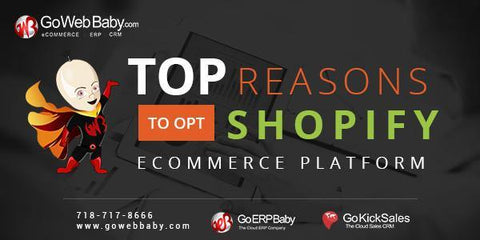Following are some tips to Develop SEO Strategy for Ecommerce Website:
Ecommerce websites have earned a reputation of being difficult to navigate and ugly to look at. Generally, there are a lot of colors, fonts, and bright flashing annoying graphics. Just remember if you have an ecommerce site and the site looks ugly, then the visitors will be hitting the back button before you can say stop, and this will also end up in worse SEO rankings as your bounce rate will go through the roof. SEO strategy for ecommerce website brings success to your ecommerce business.
The success of your ecommerce business is in making your visitors feel at ease and comfortable so they stay on your site. Regardless of how great your products/services are, if you cannot convert visitors to paying customers your business will fail. There are many good templates available. If this is your first ecommerce site the just go with the template as this will be your safes option until you learn what are/is the best practices. A well designed ecommerce website will also help you in your search engine placement.
Keyword Targeting
Your site should be keyword rich. You want to make sure that your visitor doesn't have to travel far to get to your products, whether they are on the home page or about to purchase a product in your shopping cart. These keyword links can help you rank well in the search engines. Make sure you use the keywords for each page every time you can but remember Google is looking for people that go overboard on keyword stuff.
Breadcrumb Trail
Many are unfamiliar with this term. This is a sort of navigation which allows your visitor to see how deep they are in your site. It's like a secondary navigation system that's along the top of the page the visitor is currently on, that shows where you have come from and with just a click takes you back there.
Product Categories
These main product categories should be on the side of your navigation bar so that your visitors can quickly see what it is you sell. These should also be relevant keywords that can help you place well in the search engines.
URL That's SEO Friendly
Having an URL that's contains your primary keyword helps Google index your website. This will help you make your ecommerce website SEO friendly. Make sure you also you hyphens to separate words. For example if you sell photography props your URL could look something like this Professional-Photography-Props.com
The Google Analytics
This is a tool that will allow you to track and see what very visitor is doing, where they came from, and where they are going. Tracking software is some of the best value you can offer yourself, you will be able to see how many people search certain terms and land on your page, which ones convert and if a visitor leaves where they go and why they leave.
Images with Alt Tags
This often overlooked SEO tool can really help you in your search engine placement. Google will index your images so name all of the images you use with the same keyword(s).
Heading Tags
The use of heading tags is key to the optimization of the content on your web page(s). Your search engines assign more important to your titles of your website pages. If your page has a relevant title tag then your page will rank better.
Descriptions per Web Page
These are not used as much by the search engines but Google still used them to determine if your site is relevant and will use them as the description in the search engines. Potential visitors read this and then decide whether to click through and visit your website.






